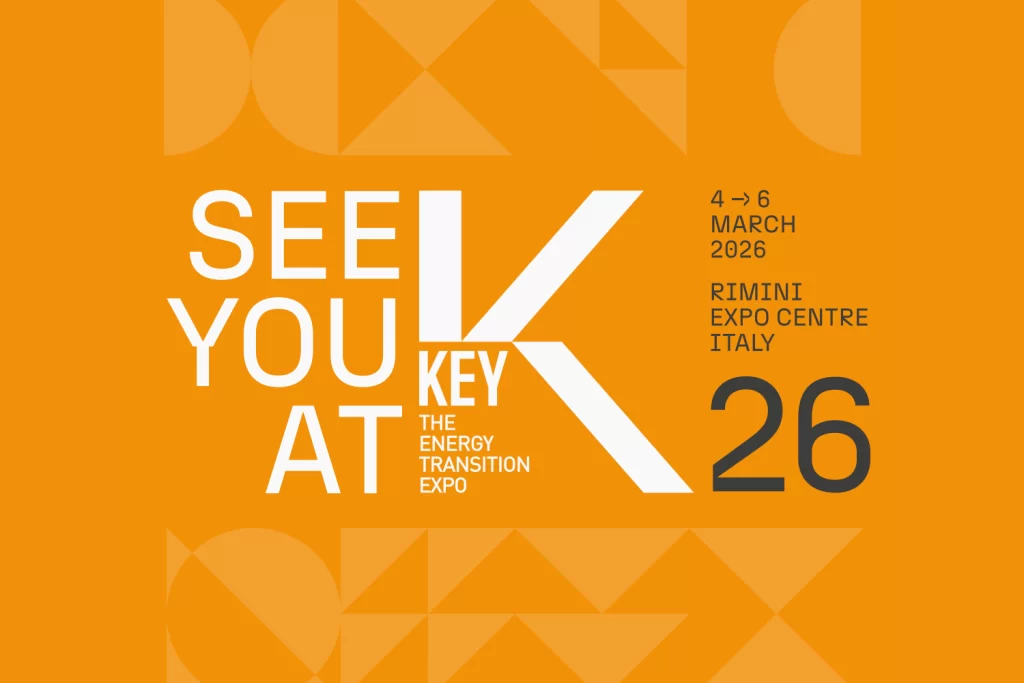SUMMARY
With increasing regulatory pressure in the ESG landscape and growing demands for transparency from stakeholders and consumers, the combination of Green Tech and Human-Centered AI is emerging as a strategic driver for companies aiming to navigate both the ecological transition and the protection of human values. Green technology ensures emissions reduction and resource optimization, while human-centered AI—grounded in principles of transparency, fairness, and safety—enables smart and accessible decision-making. This integrated approach not only supports the ecological transition but also fosters the responsible evolution of business processes, reducing environmental impact while maintaining a strong focus on human capital and technological governance.
Human-Centered AI in Green Tech context: principles and applications
The application of Human-Centered AI in the Green Tech sector requires a methodological framework that balances intelligent automation with human oversight. This approach ensures that strategic decisions remain under human control, while operational processes are optimized through advanced machine learning algorithms and data analytics. The convergence of human-centered AI and environmental sustainability opens opportunities to develop innovative solutions that reduce the carbon footprint of business operations while maintaining high standards of customer service.
Green AI: energy optimization and environmental responsibility
Green AI represents the sustainable evolution of artificial intelligence, focusing on reducing energy consumption and minimizing the environmental impact of data centers. AI governance systems ensure that technological solutions align with global environmental, economic, and social goals by implementing algorithms that monitor energy performance in real time and suggest automatic corrective actions. This technology enables up to a 40% reduction in energy use through predictive workload optimization and intelligent management of computational resources.
Sustainable AI Development: metodologies e best practices
Developing Sustainable AI requires adopting methodologies that consider the entire software lifecycle—from design to decommissioning. While the industry is currently on an unsustainable path, there are approaches to promote the responsible development of generative AI that supports environmental goals. Best practices include using machine learning models optimized for energy efficiency, implementing cloud-native architectures powered by renewable energy, and designing algorithms that minimize computational resource usage without compromising performance.
INGO Solutions for the Green Tech Ecosystem
INGO has developed a portfolio of integrated solutions that combine intelligent automation with sustainable customer experience, supporting Green Tech companies in their digital transformation. INGO’s omnichannel approach enables the management of the entire customer lifecycle—from acquisition to retention—through automated processes that reduce environmental impact and enhance operational efficiency.
Automation and AI for operational sustainability
INGO’s automation systems implement natural language processing algorithms capable of understanding customer intent, delivering personalized responses, and autonomously resolving recurring requests. This intelligent self-service capability drastically reduces the need for repetitive human intervention, allowing staff to focus on higher-value and strategic activities.
Case study: AI-based implementation for customer in the air conditioning industry
A concrete case of the application of Green Tech and Human-Centered AI is the automated survey via WhatsApp carried out by INGO for a company in the air conditioning and air quality sector, which is strongly focused on energy efficiency and environmental sustainability. Through the product Customer Instant Insight, an automated data collection and customer feedback process integrated into the customer journey was developed, tailored to the specific touchpoints and needs of the end user.
Thanks to the multichannel approach and technical optimization of interactions, the response rate increased significantly: from an initial 7% to 44%, with recovery of 10% of cold leads (“cold cases”) converted into real opportunities. In addition, the speed of recontact – less than 10 minutes – allowed for increased conversion due to a timely and contextually relevant response.
On the technical side, the project integrated an NLP module to interpret responses via WhatsApp, an automated NPS scoring system to measure customer satisfaction in real time, and an intuitive analytics dashboard for monitoring and reporting. This approach highlights how intelligent automation can support an ESG strategy, creating value through measurable operational data and improving the efficiency of the customer acquisition and retention process.
INGO Società Benefit: l’impegno concreto per la sostenibilità aziendale
INGO has chosen to become a Benefit Corporation, demonstrating its concrete commitment to pursuing long-term goals that go beyond mere profit. This strategic decision reflects a desire to create shared value with all stakeholders who embrace the same ideals of sustainability and social responsibility. As a Benefit Corporation, INGO integrates corporate social responsibility into its business model, adopting sustainable practices that enhance people, communities, and the environment.
INGO’s approach takes shape through internal and external projects that showcase how Human-Centered AI can be implemented according to ethical and sustainable principles. A strong focus on employee well-being and social commitment forms the foundation of a corporate strategy that views positive societal impact as a key element of business success. This model enables the delivery of innovative technological solutions while keeping human values and environmental sustainability at the core.
Toward a Sustainable and Human-Centered Future
The integration of Green Tech and Human-Centered AI represents the future paradigm of corporate sustainability, where technology and humanity work together to create shared value. Companies embracing this approach not only improve their environmental performance but also build deeper, more meaningful relationships with their stakeholders.
Sustainable digital transformation requires a strategic vision that considers the long-term impact of technological decisions, favoring solutions that balance operational efficiency, environmental responsibility, and the centrality of human experience.
Contact us
Find out more about our CX services
INGO, thanks to multichannel and technological innovations, is able to build specific projects for each company, following the process from the initial analysis phase to the implementation of integrated, scalable and modular omnichannel strategies. For over 20 years, Made in Italy at the service of the customer experience.
blog



